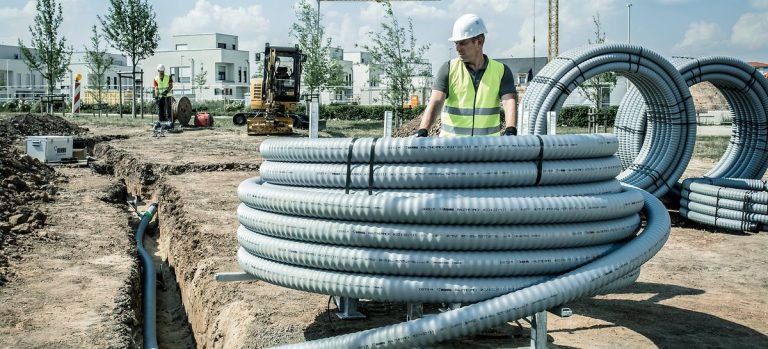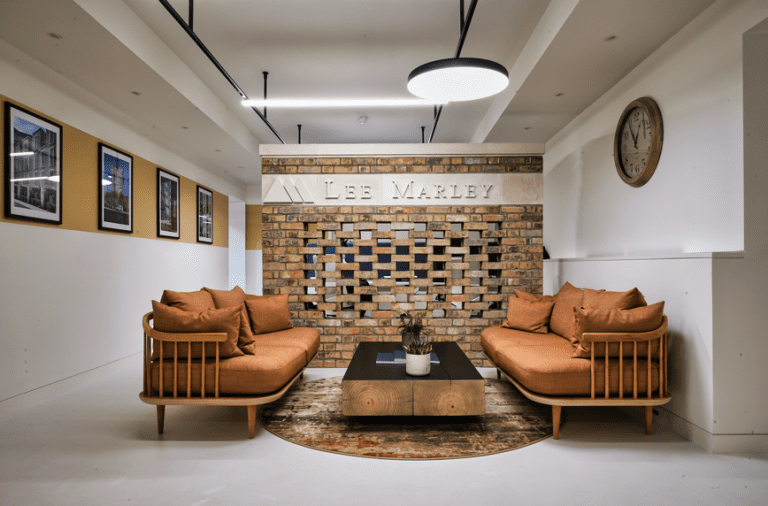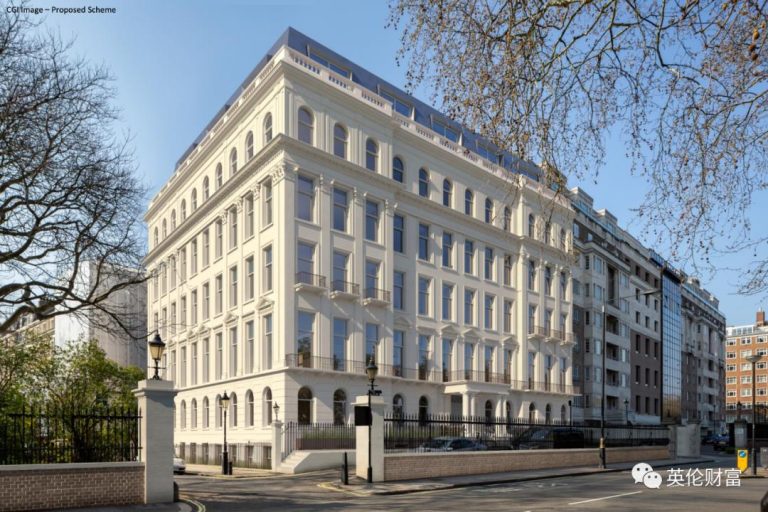FireAngel’s Co-founder and Chief Product Officer, Nick Rutter, shares his expert predictions for the year ahead Residents will need alternative strategies to the Waking Watch Relief Fund The Government has boosted the Waking Watch Relief Fund with an additional £27m to cover the cost of installing alarm systems in high-rise buildings with dangerous cladding, removing or reducing the need for waking watches. The additional funding, taking the total budget to £57m, will bring some relief to leaseholders living with the financial burden of waking watches and the emotional toll of waiting months, or years, for their buildings to be made safe. Questions remain, however, on whether the extended fund will stretch far enough and provide help to all those who need it. Currently, £24.1m from the Waking Watch Relief Fund has been approved for applications, covering 281 buildings across England.1 However, nearly 800 blocks of flats in England and Wales have waking watches in place, an 85% increase in less than a year, meaning the number of buildings failing safety inspections is growing faster than owners can make them safe.2 With limited waking watch relief funding available, thousands may be left paying for fire marshals to patrol blocks 24 hours a day, costing over £11,000 on average per building every month.3 In addition, those who fall outside of the fund may continue to face excessive costs. A waking watch is required when buildings have dangerous cladding or fire safety issues change the evacuation policy from stay put to simultaneous evacuation. However, the Government fund generally only covers the upfront capital costs of installing a fire safety system in buildings with unsafe cladding. Therefore, leaseholders impacted by non-cladding issues which render their buildings unsafe may continue to face ongoing waking watch costs and remediation bills. As it becomes clear that a change in fire safety strategy is essential, industry experts will continue to look at alternative strategies that can maximise fire safety while minimising costs. At FireAngel, this means ongoing development of connected technologies such as the Internet of Things (IoT) and Artificial Intelligence (AI) to help cut fire risks within the parameters of an existing budget, offering residents, building safety managers and landlords more intelligent ways to manage their properties. Looking to the future, a combination of IoT, robust fire detection and alert systems and evacuation plans could replace the need for waking watches completely, helping tenants who fall outside of the relief fund feel safe in their own homes. There will be a greater understanding of how connected data can improve residents’ quality of life Industry experts such as the Fire Industry Association (FIA) have started a productive and necessary dialogue around IoT in the fire industry. This year, its IoT report highlighted how IoT can and will impact us all – with estimates that 87% of businesses might be working with IoT in the future.4 Cutting-edge technology that remotely monitors the home environment 24/7 has the potential to prevent life-threatening events. Using remote alarm monitoring, IoT and predictive data analysis, connected safety technology has the potential to identify a fire risk before it escalates to a 999 call. Not only can the data monitored in real-time alert social landlords to the status of alarms in the property when they are triggered but also when they are removed or when they need to be replaced. Connection to the IoT could enable landlords to monitor important features such as the building’s age and condition and the wear and tear of electrical appliances. Being able to combine this information with data on individuals’ physical or mental status is also important. If a person has dementia, is partially sighted or uses a wheelchair, their ability to respond to a fire event may be limited. Beyond fire safety, we now have the technology to look at temperature and humidity within a property. As we look to the year ahead, there is the potential for integration of other care and protection technologies to look after the more vulnerable people in society and, ultimately, keep more people safe. Fire safety guidance will continue to evolve at a rapid pace, making future-proofing properties more important than ever before Following the Department for Levelling Up, Housing & Communities’ response to the Government consultation on smoke and carbon monoxide alarms, people living in the social rented sector will soon be safer in their homes. Housing providers will be required by law to install smoke alarms in all social housing, and carbon monoxide alarms will have to be fitted in social and private rented properties where there is a fixed combustion appliance, excluding gas cookers. The regulation changes will also require carbon monoxide alarms to be fitted when new appliances such as gas boilers or fires are installed in any home. Additionally, the response to the consultation indicates that landlords, and housing providers in social and private rented sectors, will need to repair or replace smoke and carbon monoxide alarms once they are told they are faulty. The guidance on the positioning of alarms and the type of carbon monoxide alarms installed will also be reviewed and may be brought in line with BS EN 50292 and BS EN 50291. These standards show that the alarms have been extensively tested to ensure their quality including sensor reaction times, minimum alarm sound levels and stability over their working life. However, as fire safety guidance continues to evolve at a rapid pace, housing providers should not wait for further guidance changes to reinforce their duty of care. They can demonstrate best practice through the installation of alarms that meet an LD1 category, the highest level of domestic protection available. LD1 alarms can future-proof properties from regulatory changes and avoid an average £100 fee per callout to update devices to meet any further new standards. Housing providers should also ensure that any carbon monoxide alarms they purchase are fully certified to the European standard EN 50291-1 and carry a third-party approval mark, such as the BSI Kitemark, to ensure compliance with the latest safety standard. England may look to adopt similar legalisation to Scotland The February 2022 deadline for the new Scottish Tolerable Standard is upon us. The updated standard requires all properties to have an interlinked fire and smoke alarm system. By deploying interlinking alarms with wireless technology, if one alarm is triggered, the remaining alarms and ancillary devices are immediately activated, alerting a person in the property to the unfolding fire as quickly as possible. Under










